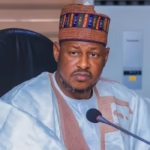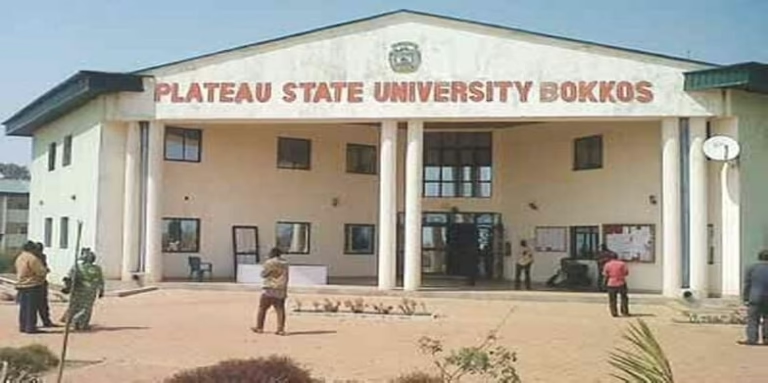Professor Shadrack Best, Vice Chancellor of Plateau State University, Bokkos, highlighted that the Alfalfa project is designed to boost household income and wealth by cultivating a highly nutritious forage crop. Known as the “queen of forage,” alfalfa is rich in crude protein and easily digestible, making it an excellent feed option for cattle, sheep, goats, and other ruminants.
He shared these insights during his keynote speech themed “Forage Innovation and Sustainable Livestock Development in Plateau State” at a one-day Green Field Day event focused on Alfalfa Adaptability and Performance Trials, hosted at Plateau State University (PLASU), Bokkos.
Professor Best emphasized, “Alfalfa represents more than just animal feed; it is fundamental to sustainable agriculture. It enriches soil health through natural nitrogen fixation and plays a vital role in combating environmental degradation.”
Represented by the Deputy Vice-Chancellor Administration, Associate Professor Keziah Ayuba, the Vice Chancellor underscored that the Faculty of Agriculture’s research at PLASU is part of a broader global initiative aimed at feeding an expanding population while safeguarding land resources.
“Today is an opportunity to exchange knowledge, celebrate the achievements of alfalfa research on the Plateau, and pledge to develop farms that are not only productive but regenerative, fostering growth for Plateau State and Nigeria at large,” he added.
Dr. Sunday Akpa, Plateau State Commissioner for Livestock Development, Veterinary Services, and Fisheries, remarked that the time is ripe for individuals to venture into forage cultivation, particularly alfalfa, as it presents lucrative business prospects.
He further noted that engaging in forage production does not require livestock ownership, opening avenues for many to earn livelihoods through this enterprise in Plateau State.
Ugonwa Ikegwuonu, Head of Agri-Finance at Alternative Bank, praised Plateau State University, Bokkos, for its remarkable dedication to the alfalfa initiative. She described the project’s results as an “unexpected success story” and expressed appreciation for the unwavering support from the Plateau State Ministry of Livestock Development, Veterinary Services, and Fisheries, led by Commissioner Dr. Sunday Akpa.
Associate Professor Hosea Finangwai, Dean of the Faculty of Agriculture and lead researcher, provided an overview of the alfalfa project, detailing its background, adaptability trials, growth patterns, and biomass yield.
He highlighted the project’s socio-economic benefits, including its potential to ease herder-farmer conflicts by supplying alternative feed within limited land areas. Additionally, it offers promising opportunities for commercial hay production, expanding feed markets, and creating employment for women and youth.



















